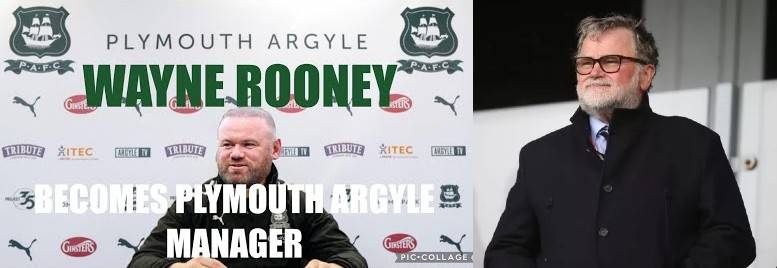Love your club? But is it fit for purpose?
Whatever your sport - football, rugby, cricket - is your club financially secure? Are you sure it can survive for the next year, let alone 50 years?
Earlier this year I was involved in the rescue of Bradford Bulls rugby club. Its finances were a mess and commercial income opportunities were minimal and unimaginative.
But this Club was not and is not a one-off. Up and down the country, clubs are teetering on the brink of extinction.
So if you are passionate about sport and are a fan of a particular club, what should you be watching out for to ensure your club survives?
These are the danger zones for clubs and the questions you should be asking. They are based on the work and rescues we've achieved with Leeds United, Luton Town, Crystal Palace, Plymouth Argyle and Bradford Bulls - and my dismay at the sorry state these clubs were in when they went into administration.
1. Can your club afford its wage bill?
Football is trying to get a grip on spiralling wages with the introduction this season of the Financial Fair Play.
UEFA says the essence of this concept - supported by the entire football family - is to "decrease pressure on salaries and transfer fees and limit inflationary effect".
Inevitably sports clubs have been hit by the recession - sport is a discretionary spend and with a typical family day out at a match costing more than £100, this is something many have decided they cannot afford.
Yet against this backdrop, players' wages have continued to rise. Back in 2010 the wages to turnover ratio of Football League clubs was 103%. How can any club afford that? Banks are reluctant to finance football clubs and HMRC are - quite rightly - not prepared to allow their money to be witheld any more so are aggressively collecting taxes due to them. It's needed a body such as UEFA to step in and say 'stop' to prevent the continuing upward spiral.
But what is your club doing to address the wages' bill? At Bradford Bulls, it was the wages to gate ratio - above all else - that brought it down. Players and coaches need to understand the finances - it's not in their interest if their club goes bust and they are not paid on time and threatened with redundancy.
2. Who owns the grounds?
What we have seen over the last few decades is wealthy business people buying a club and lending large amounts of money to it, on a loan basis. As the economy has shrunk, the club has made losses and eventually the owner wants their money back.
Clearly the loan can't be paid back from cash reserves in the club - and the club is worth diddly squat, so converting loans to share capital is not attractive.
So the owner pays themselves back by taking the freehold ground out of club ownership in to their own personal ownership and charges the football club rent for the ground - creating an income stream from their initial loan.
That's fine initially but eventually the owner starts thinking, 'I've got all this land, it's in prime housing territory - I could sell the grounds for development'.
So if your club has been parted from its grounds, it could be at risk.
3. Is your club maximising commercial income?
When the Premier and Football League sold their TV rights to Sky and others, did it make football clubs complacent? Did they fight to see how they could get further income out of their club and grounds in the way businesses have had to diversify and maximise their assets in this recession?
I was interested at the business plans submitted with offers to buy Bradford Bulls and some of the imaginative ideas to generate income. I had no idea, for instance, that Asian weddings were such money spinners. I felt sad that it took an administration to get people really starting to think about how to create value for the Club.
Football clubs have four great assets they need to focus on - bars, catering, car parks and a fan base that wishes them well. And even ticket sales have potential for more income - lessons can be learnt from Hartlepool's award winning season ticket campaign.
How could your club tap into the expertise of its business supporters to come up with new ideas to create new income streams?
4. Is the club truly part of its community?
Clubs have taken their fans for granted. Except for the major players at the top of the league tables, few have looked at the changing demographics of their fans or seen fans as both an asset and a resource.
I've seen first-hand how passionate fans are about their clubs - and their support can make or break deals.
Directors need to respect and value their local community.
5. What are the plans for supporter involvement?
Swans Trust was set up ten years ago by fans of Swansea City football club and owns 20% of Wales' only Premier League Club.
It is an interesting model and ensures fans have a stake in their club.
How is your club involving its supporters
ask the puppets
[You must be registered and logged in to see this link.] 